10 things we want tech firms to fix in 2017
Yes: VR is one of them

Sign up for breaking news, reviews, opinion, top tech deals, and more.
You are now subscribed
Your newsletter sign-up was successful
It’s hard to believe sometimes, but we’re lucky to be alive right now: while things are pretty horrible for many people, most of us live in the safest, most prosperous times the human race has ever experienced. But that doesn’t mean we don’t have problems.
Admittedly some of them are pretty small problems, but some of them are massive - and tech firms have the money, the intelligence and the resources to fix them. From digital assistants to death, these are the things we want tech firms to fix in 2017.
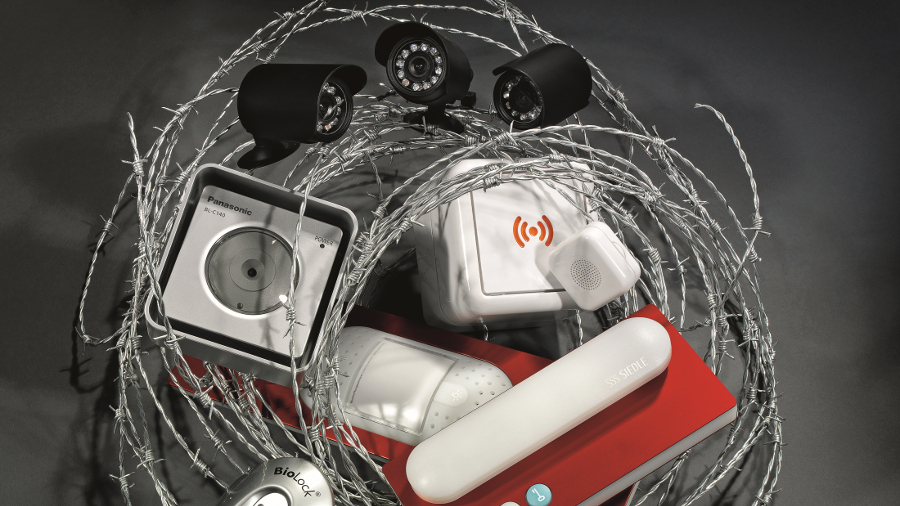
1. The internet of things
It’s safe to say that so far, the internet of things hasn’t quite lived up to the hype - unless we’re the only ones waving our smartphones at our smart lights like a wizard whose wand has ran out of magic. But while usability, compatibility and reliability are all concerns, they’re nothing compared to the staggering lack of security on smart home devices.
To say security is an afterthought would suggest that manufacturers are thinking about it. Most of them aren’t, and that means it’s just a matter of time before somebody gets your smart fridge to chase you around the house while your toaster takes part in a botnet attack on the Pentagon.
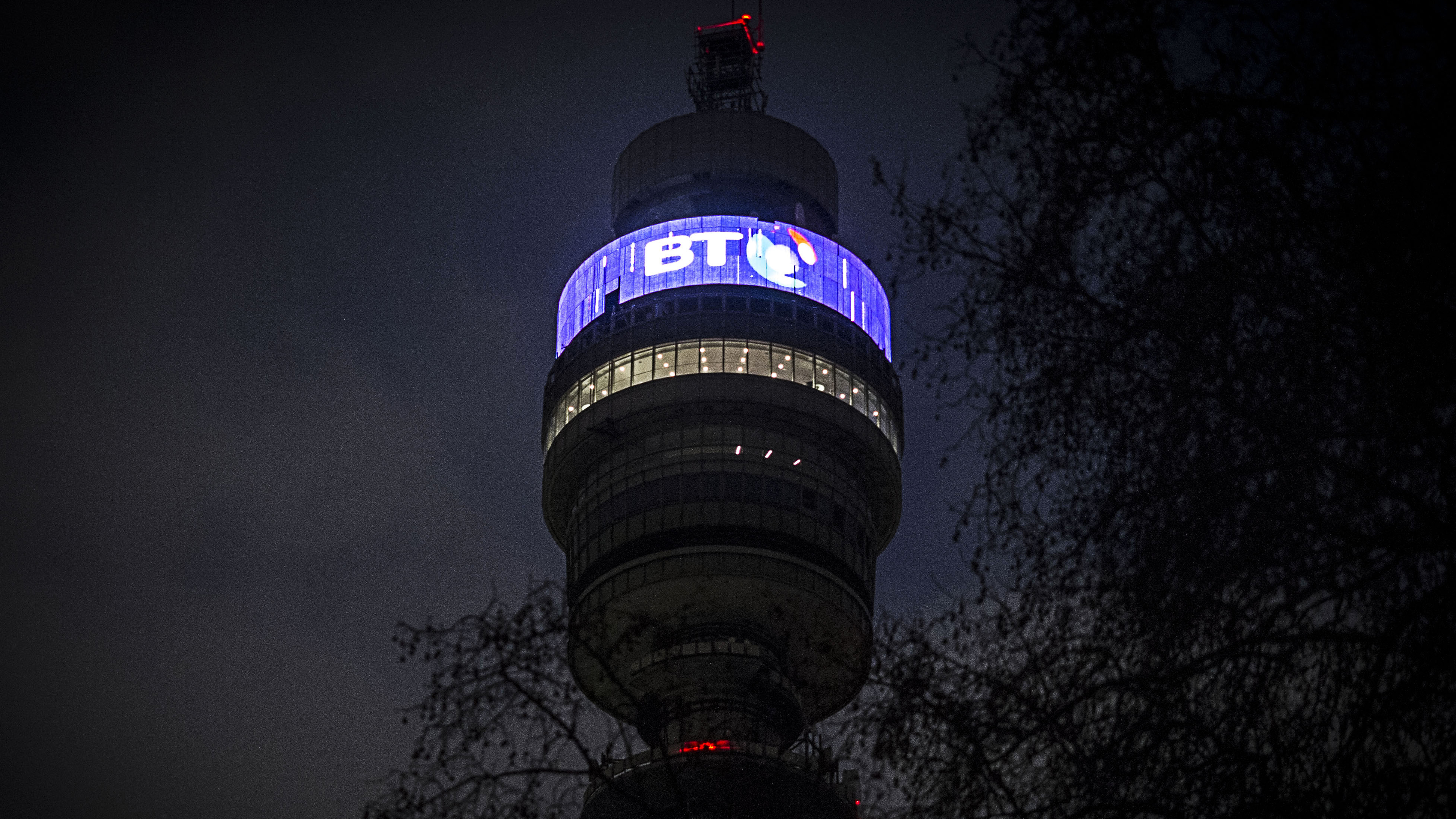
2. Superfast broadband
In December, the UK government’s National Infrastructure Commission found that the UK’s 4G mobile broadband coverage is worse than Albania, Panama, Peru and Romania, with users struggling to get connected more than 50% of the time.
Meanwhile on the ground, more than 50% of UK broadband users say they can’t get super-fast broadband - so while it’s nice to see the UK Chancellor demand that carriers provide fibre to the property broadband, instead of fibre to the cabinet, his pledge of £400m in funding for it is a very small drop in a very big ocean.
Telecoms regulator Ofcom has demanded BT split off its Openreach division, which provides broadband infrastructure to ISPs, amid claims that Openreach is either deliberately dragging its heels or completely incompetent, or perhaps both.
Sign up for breaking news, reviews, opinion, top tech deals, and more.
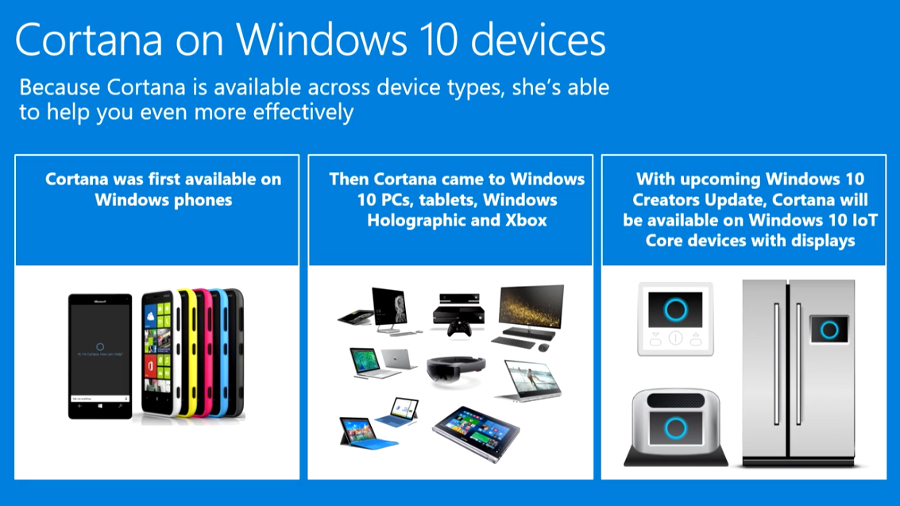
3. Personal digital assistants
Whether it’s Siri, Cortana, Alexa or OK Google, personal digital assistants are fantastic things… when they work. Unfortunately, despite the technical cleverness and engineering achievements behind them, there’s something uniquely irritating and frustrating about a digital assistant that doesn’t quite get it and decides it’s going to book Liz a massage when you ask it to send Les a message. That’s particularly problematic if you’re in the car or on a bike, where you don’t want to have to fiddle with your phone, but it’s a pain in the backside wherever you happen to be - and it’s something people with non-US accents are particularly plagued by.
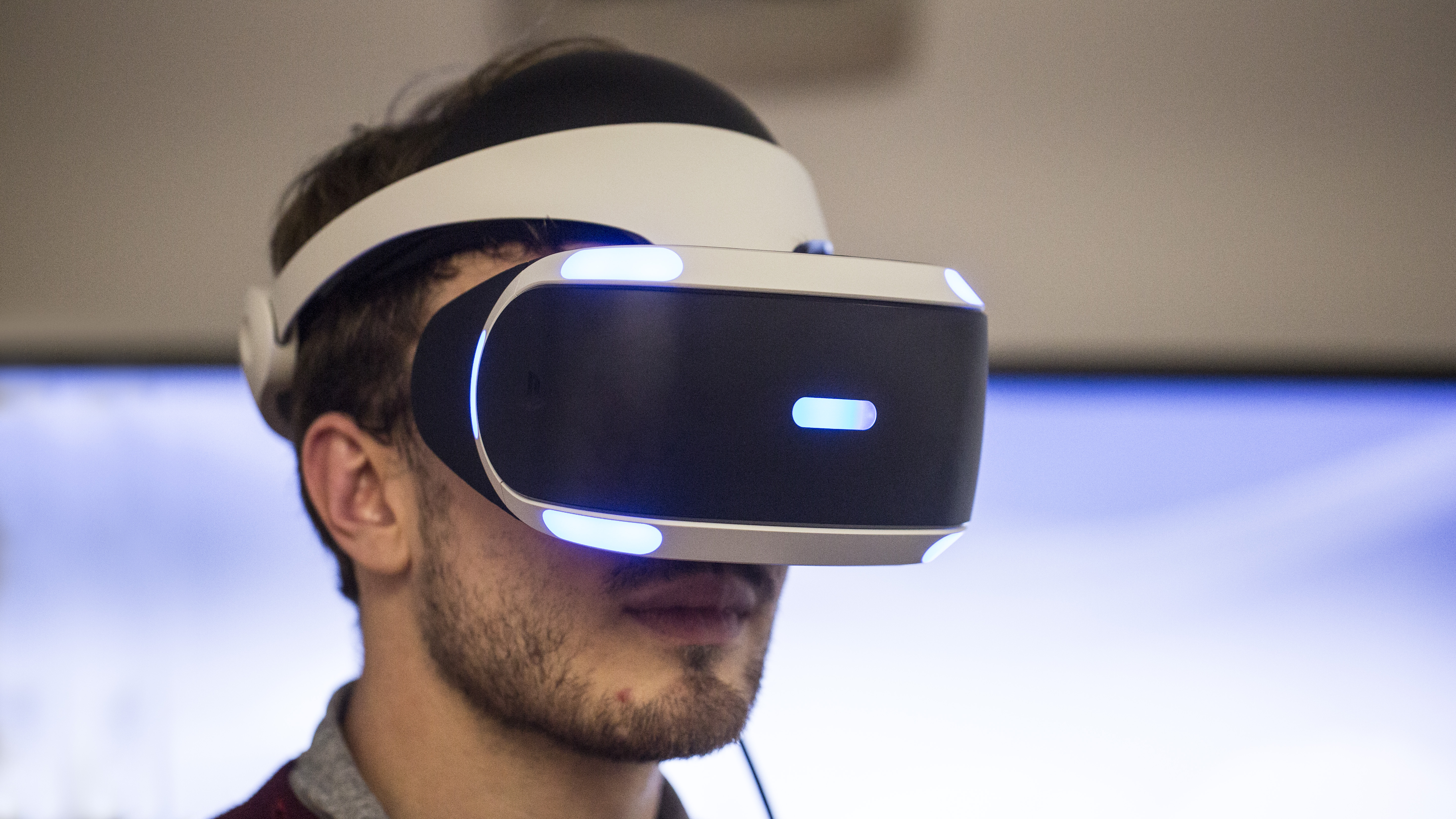
4. VR
We’re sold on the technology, but right now it’s too expensive and there are too few titles. As we’ve seen again and again, what sells technology is the content you can use on it - and that means not just VR gaming but new areas such as graphic novels, films and VR experiences.
Otherwise you’re left with the problem of being the only person in the world with a fax machine: who are you going to send a fax to? We think VR’s going to be a big deal at this year’s CES, with Windows-powered headsets likely to appear from the likes of Asus, Acer, Dell, HP and Lenovo.
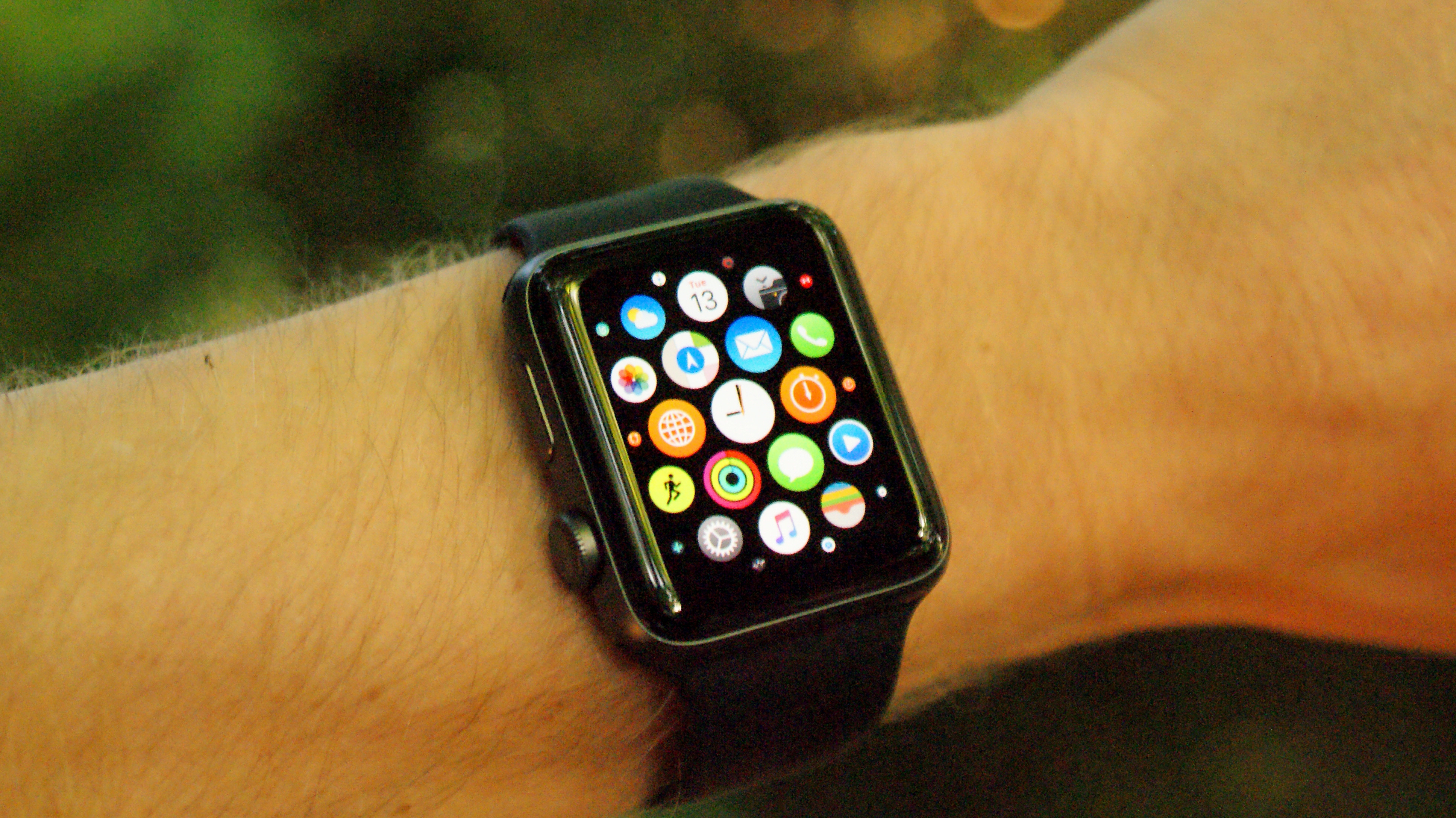
5. Smartwatches
Here’s another technology whose time hasn’t come: as we noted in our roundup of the best smartwatches of 2016, the current choice ranges from frighteningly expensive to barely competent, which isn’t something that’s going to get the average person excited.
But the real issue is apps, either the lack of them - hello, Samsung! - or the shocking performance of many of them - we’re giving the Apple Watch a hard stare here, even after its latest OS update. We suspect that the problem will only be solved when screens become flexible enough for our phones to actually become our smartwatches too, but in the meantime some better thought out apps would be nice.

6. Enormous game updates
Back in the old days, we used to type our games’ code into our computers, line by line, page by page. It took days, often didn’t work, and was still faster and more fun than trying to play a brand new triple-A title on a modern console. It wouldn’t be so bad if crucial features such as THE ENTIRE BLOOMING GAME didn’t require the update in order to function, but if there’s the slightest online component you won’t be able to connect without first installing eleventy billion gigabytes of fixes. Here’s an idea, games companies: how about finishing the game before you ship it?

7. Batteries and charging
Can we get through this one without making fiery jokes about Samsung? Nope! But even when they’re not exploding, batteries are the most frustrating part of so many devices: every time somebody makes an incremental improvement, our ever-expanding hardware demands take full advantage so the battery life remains pretty much unchanged.
In the absence of commercial scale versions of more efficient battery technologies - they’re coming, but probably not for a few years - more widespread use of wireless charging could take some of the pain out of our power needs. Wouldn’t it be nice if our smartphones, smartwatches, ebook readers and console controllers could all charge from the same mat? Yes. It would.

8. Food
We’ve been promised 3D-printed pizza for years, but it - and the even more tempting prospect of bacon on demand - remains stubbornly out of reach. Today’s high-tech foodstuffs are effectively protein shakes with pretensions, but technology is beginning to transform food. One such transformation is the SeneoPro food extruder, which uses 3D printing technology to create food for people who can’t eat normally.
It uses powdered foods and a gelatin agent to print food that looks like food rather than sludge but which dissolves quickly in the mouth. It’s for hospitals and nursing homes, but the company behind it, Biozoon, is also offering “molecular gastronomy” products for chefs and cocktail makers too. Maybe bacon on demand isn’t too far off after all.

9. Evil
We thought social media would bring the world closer together. Nope: it’s increasingly being used as a vehicle for hate speech and abuse, much of which is already illegal - and yet YouTube, Twitter and Facebook seem more concerned by the odd breastfeeding mother or alleged copyright infringement than the blatant misogyny, hatred of minority groups and incitement to racial violence that’s becoming alarmingly common on their services.
There’s no excuse: social media companies are private firms who can decide what does and doesn’t appear on their networks, and they already censor other illegal content. If they choose to let people share this stuff, they’re part of the problem.

10. Death
We don’t mean chasing immortality, although we’re sure some tech bosses are rich enough and daft enough to do that. We mean fighting the stuff that kills millions of people every year. Biotech firms are making some extraordinary leaps - for example, developments in understanding and editing the T-cells that play a part in cancers and autoimmune diseases have extraordinary potential.
And household names are involved here too: Google has held summits with top cancer experts and bioengineers to identify how its machine learning and big data expertise can help them. Imagine if we could cure cancers, arthritis, HIV, lupus and more. A whole bunch of people - and a whole bunch of tech industry money - is trying to do just that.
Image Credit: Kev-shine/Flickr CC-BY 2.0

Contributor
Writer, broadcaster, musician and kitchen gadget obsessive Carrie Marshall has been writing about tech since 1998, contributing sage advice and odd opinions to all kinds of magazines and websites as well as writing more than twenty books. Her latest, a love letter to music titled Small Town Joy, is on sale now. She is the singer in spectacularly obscure Glaswegian rock band Unquiet Mind.